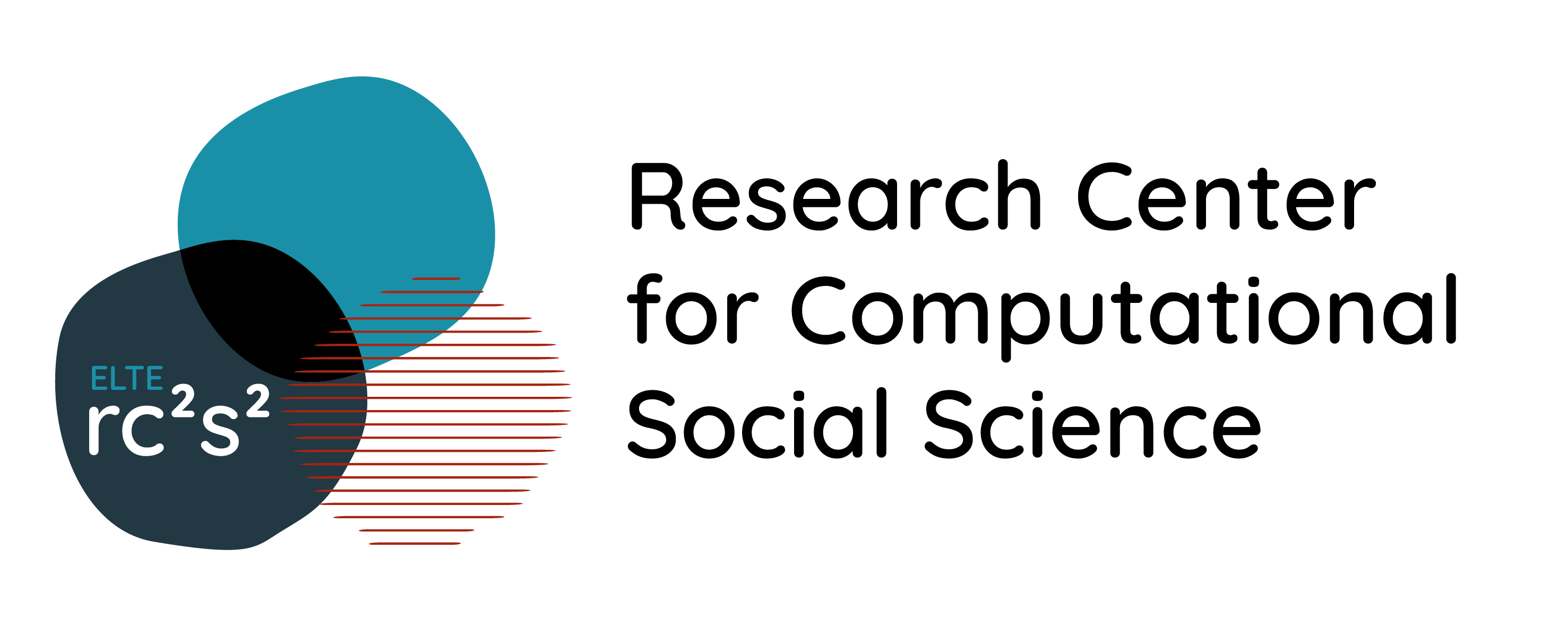Our research group has received an outstanding opportunity – we have been awarded the 2020 “OTKA” (Hungarian Scientific Research Fund) research grant for 2020-2023 for our project titled “The layers of the political public sphere in Hungary (2001-2020) – a sociological analysis of the official, media-based and lay online public sphere using automated text analytics and critical discourse analysis”. The Principal Investigator is Renáta Németh.
Project members: Ildikó Barna, Domonkos Sik, Márton Rakovics, Eszter Katona, Árpád Knap (RC2S2, ELTE TáTK) and Péter Csigó (BME).
Research summary
Our research focuses on revealing language change in the political public sphere applying NLP (Natural Language Processing) methods on a large digital text corpus in critical discourse analysis framework, which treats language as a tool of ideology and power.
The two highlighted stakes–important for both society and sociology–of the research: (1) The inner workings of the political public sphere on its different levels, the dynamics and interaction between these levels, the exercise of power through language, the expressed ideological polarization, and identification of discourses free of these tendencies. (2) The organic integration of NLP methods into empirical sociology.
Both aspects of the research have international relevance since the studied phenomena of language polarization and diffusion of usage patterns are not specific to Hungary. The integration of NLP methods into empirical sociology is an emerging topic of huge interest because it allows for the new kind of analysis of the large digital corpora at hand utilizing sociological knowledge in the process.
All innovative methodological solutions of data collection and analysis will be made publicly available through digital repositories, scientific articles and conference talks to support the international and domestic users of NLP. Senior members of the research group will provide opportunities to join the project by supervising researches of Scientific Students’ Associations (TDK), master theses and Ph.D. topics for young researchers, and research internships or thesis supervision for graduate students.
Significance of the research
The digital revolution is also the revolution of self-expression. Before the internet, textual documents mainly bore the narratives of the elite, but now almost everybody has the opportunity to express themselves online. The primary relevance of our research is that by the automated processing of this continuously forming flow of texts, even those characteristics of the political public sphere can be examined and understood that have previously been only available in local fragments by the observer. Thus both the social and the scientific stakes of our research are high.
From a scientific standpoint, our research opens new perspectives by involving observational data into quantitative research in addition to previously used self-reported survey data, and also by combining qualitative discourse analysis with quantitative methods, employing new and innovative solutions from computational linguistics. This methodological blend is an international novelty. Using NLP on a large-scale text corpus covering different levels of digital communication–to our knowledge–has never been done in Hungary. While there is evidence for strong ideological polarization (e.g. Vegetti 2018), and polarization in the network structure of the political public sphere has been examined (Bene and Szabó 2019), language polarization has not been researched domestically, and there are only a few examples internationally, which are on a much smaller scale of application compared to our own research (see e.g. Demszky et al., 2019, on Twitter data).
Our research has an important stake from a social standpoint as well: the public sphere is one of the cornerstones of modern democracy and serves an important role in preventing potential distortions and crises.
One of the strengths of the proposal is that it is backed by a young but highly successful research group, already with several international publications, doctoral research topics, and a consciously built domestic and international network of collaborations. Besides the compilation and utilization of innovative methods for sociology, the aim of the research group is to foster the institutionalization of the new and promising automated text analysis methods in social sciences.
